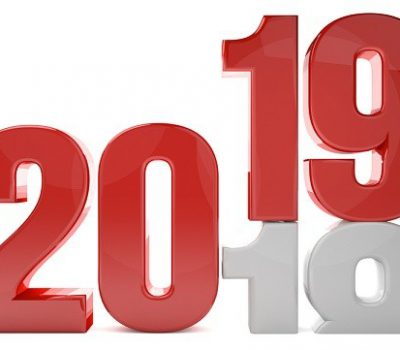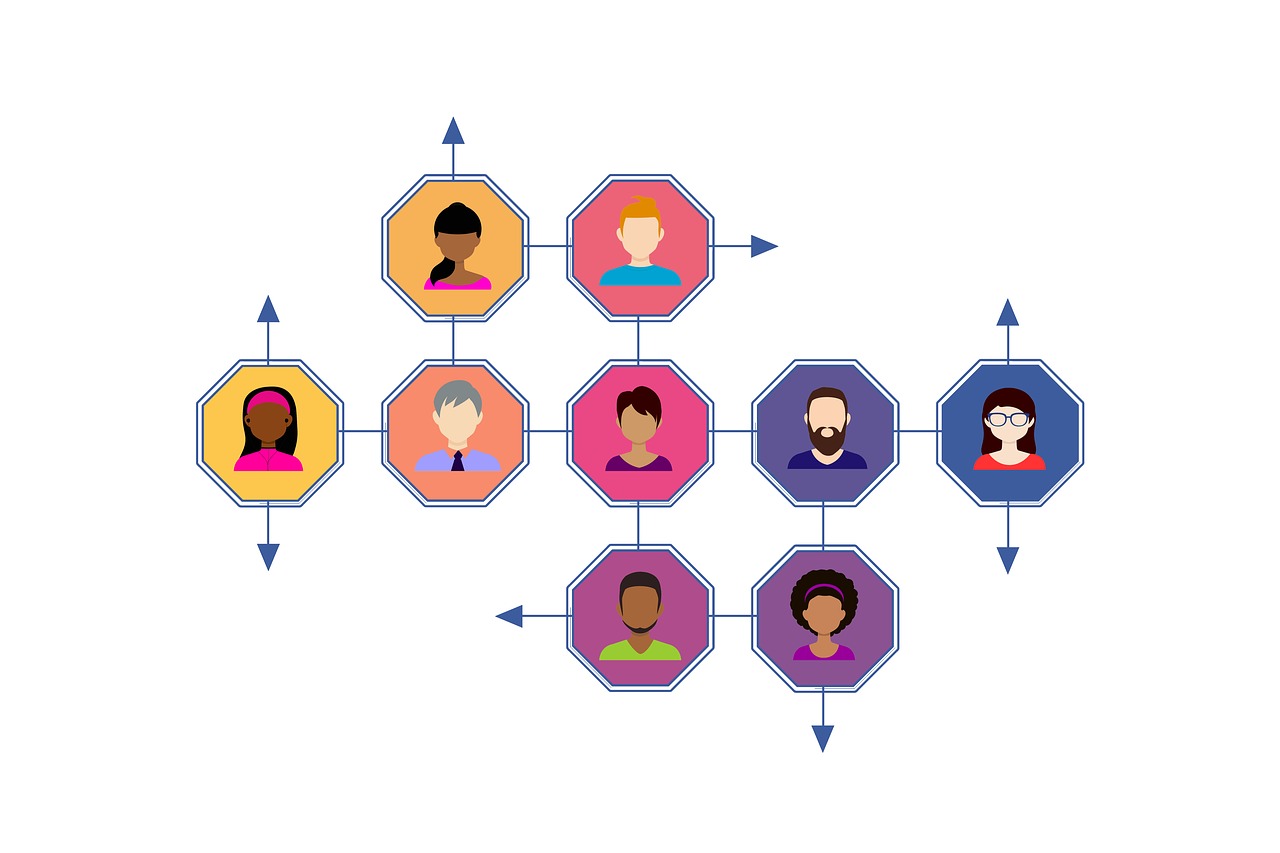


As the academic year draws to a close, one of the things that I do is to reflect on my learning of the past year, and it usually comes in the form of, “How do you know who and where to go to for specific info”. I am going to share a few pointers around Developing your Personal Learning Network. This is highly important as it keeps you in the know, impacts upon your practice, career and grows your profile. This applies at every stage in one’s career from early career to latter career stages and beyond. Networks are important, we cannot exist alone. For me what I share in this blog are a variety of items to be used in a 360-degree way. Each item has an interrelation, none are exclusive.
Social Media
We are living in an age of content and bite-sized content, as an initial way of interacting with audiences, this means having a presence across all social media platforms. For me, I have approached this as @MsBClarke and use this across all social media platforms. It makes it easy for people to find me and also clearly identifies who I am. With social media, one does need to post regularly. My top tip on this came from @teachwithmrsT – I attended a webinar – Making the Most of Social Media as Computing Teachers at which she was a panellist a while back, and she recommended using scheduling software, this greatly changed how I approached using social media. So I plan my posts out in advance and schedule them, try to do this in one-month chunks of time and you will reap dividends. Continuing with the social media theme, participate in social media networks, such as #TinyVoiceTalks which runs every Tuesday, #FF runs every Friday, #edutwitter, #CasChat (runs at 8pm every Tuesday evening), #primaryrocks (runs every Tuesday evening) #ShareStuffSunday (runs every Sunday) – these are great for networking and learning from others in your field. These are just a few. There are many others!
Events and Conferences
Attend one or two big events/conferences each year and know the purpose of your visit. For example, the annual Edtech BETT show has always been on my calendar since my earliest teaching days. Before BETT I usually sit down and map out which companies I would like to see on which days. Then utilise your social media to let others know that you are there and have quick meets with others in your field. My definition of a quick meet is 20 minutes and then follow this up with an email or DM on the same day – you wouldn’t want anyone to forget you. These are events that help to build your personal learning network.
Join Networks
Join professional networks, so in my case for Computing teachers (and any teacher who makes use of #digital in the classroom) – I am a member of Computing at School, Also, get involved in discussions in the CAS online discussion space, share your teaching experiences. Also, be a member of a professional body such as BCS – The Chartered Institute for IT. Join the STEM Community etc. Please do share other examples in the comments.
Get Published
Blog or write for magazines and websites, such as I am doing now. Where would you find inspiration from? The answer to this one is that it comes from whatever you are interested in, everyone has something to share from their own practice or worldly observations that they can ponder on. Most of mine comes from within the environment, rarely do I plan for blogging, this happens organically by looking at what is going on in society and being curious to investigate and share my thoughts wider. For example, in my local area, I have noticed that CityFibre are digging up almost every road and the signage that lets the community know why we are being disrupted, says that the area is being transformed into a Gigabit City. This captured my curiosity. Essentially a Gigabit city, has a pure fibre network installed and the residents then have access to limitless bandwidth and speed. This is for the age in which we are now living and preparing us partly for life in the #Metaverse and beyond. This new infrastructure is also a part of what is helping to bring about the “Smart City”, a term which I addressed in my first children’s book – “The Digital Adventures of Ava and Chip – Smart City”. Gigabit and Smart cities are our future. So my inspiration for part of this blog and for my children’s book, were both outside of my own front door!
Most sites are always looking for content, read the site info, contact their editors, write, and get published. As a guide, you should be able to comfortably write 750-1500 words, below are a few examples of sites and publications where you may find an outlet for your blogging and editorial piece ideas:
I think by now you are adding a few of your own to this list. Of course, you could always blog on your own website, but then the challenge there is discoverability and lack of networking opportunities as you would first of all have to build community. Blogs should always invite a question or questions if you wish to engage and interact with others. For some magazines, approach the editor and ask what topics they are featuring in future editions and get involved, remember the topic ideas are all around you already.
Visualise your Network
A good exercise is to draw a mind map and detail where you get information from and how you keep up to date with trends within your field, what would your mind map include? Here are some of mine:
Of course, this is not exhaustive, but a few pointers on growing your PLN. I look forward to comments that add to this blog post that can help to enrich others in the education community.
One Reply to “Developing your Personal Learning Network (PLN)”